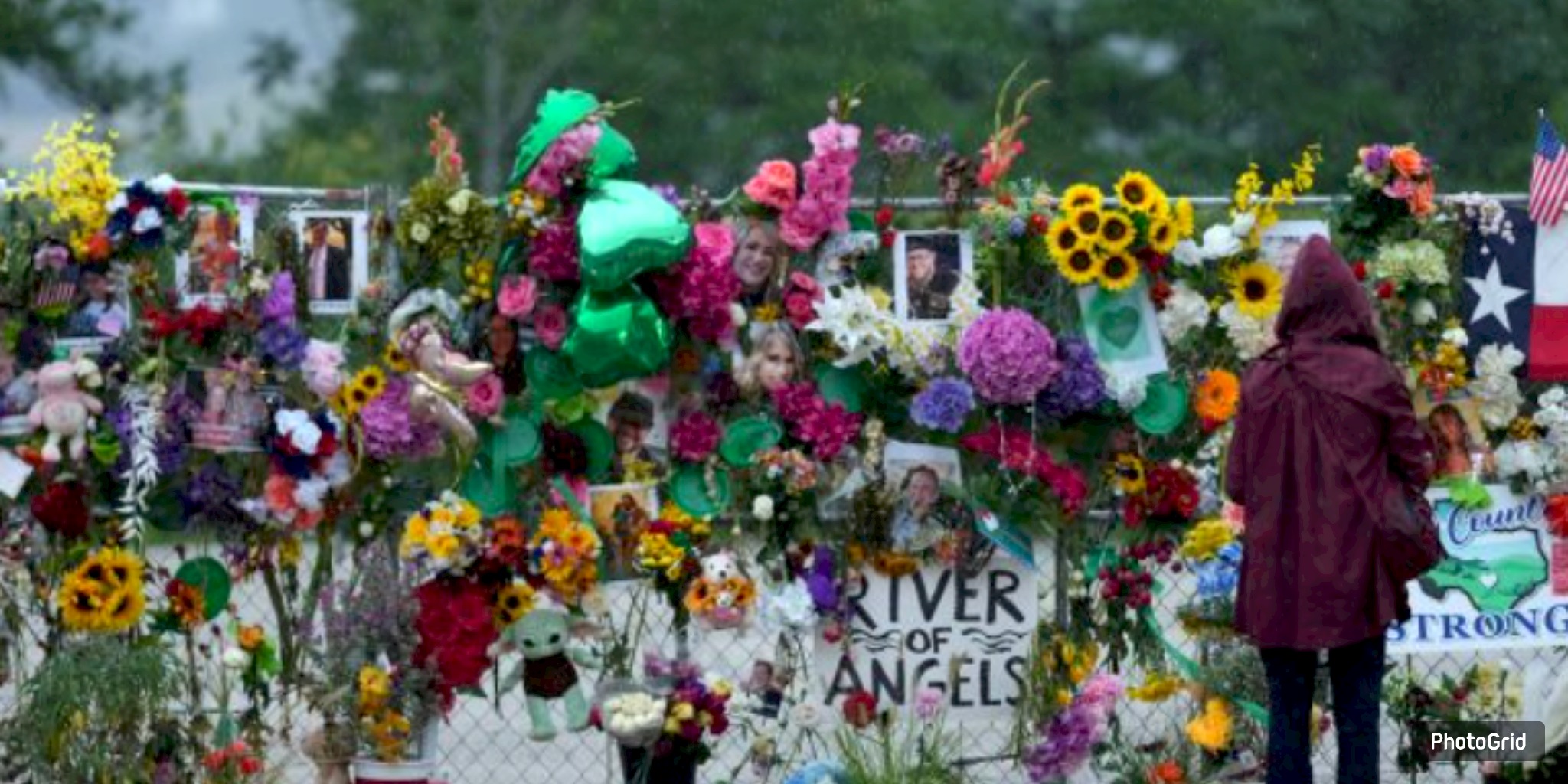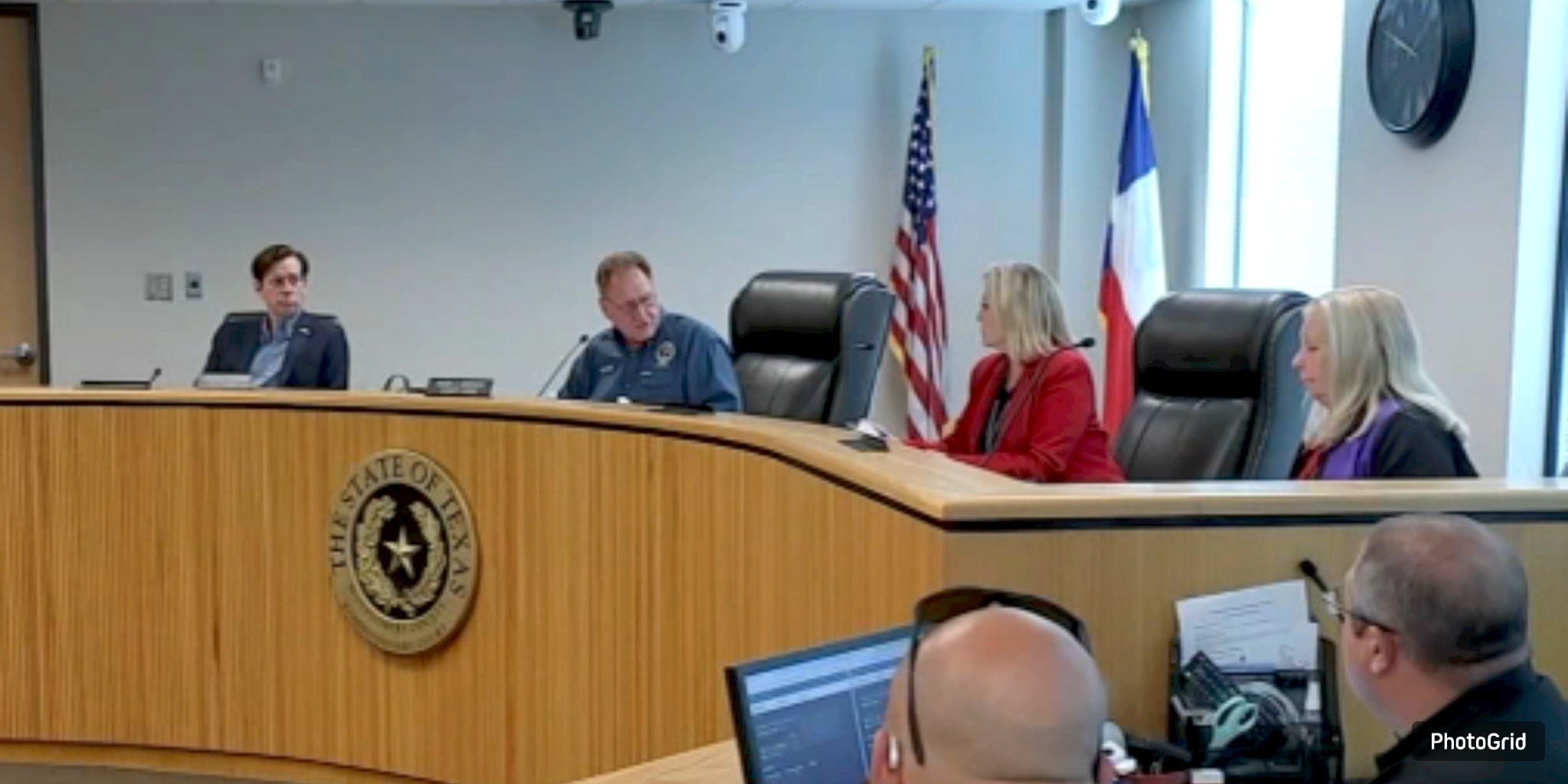Following the July 4 floods that killed over 130 people in Central Texas, Texas lawmakers began investigating local emergency response shortcomings. Testimony from the state’s top emergency official revealed critical weaknesses in training, coordination, and flood warning systems.

On July 23, Texas' senior emergency management official testified before state lawmakers on local disaster response, warning, and emergency training shortcomings after the July 4 weekend flooding that killed at least 137 people in Central Texas.
Nim Kidd, Director of the Texas Division of Emergency Management (TDEM), told a panel of 18 House and Senate members that mayors and county judges are constitutionally responsible for disaster management, but many lack the resources or training.
Kidd: “Our job at the state is to support local efforts.” But we are not in charge. Local officials are responsible.”
Kidd was the first witness in a nearly 12-hour Capitol hearing on how a fatal flood occurred with no public warning or planning. Legislators questioned the delays, lack of coordination, and imprecise timing of alerting affected areas, including Kerr County, to fast-rising waters.
Kidd said that no state regulation ensures local emergency managers receive or act on National Weather Service warnings hours before flooding hits areas of the Hill Country.
Sen. José Menéndez, D-San Antonio, asked, “You do see the problem with that, right?”
“Senator, I do,” Kidd said.
Kidd said there are “no minimum qualifications” for Texas municipal emergency coordinators. Larger counties require a three-hour training session for officials, whereas smaller localities do not.
“There’s no standardization, no consistency,” Kidd added. Police and firefighters must pass tests. Be an emergency manager? You need a signature. That must change.”
TDEM's budget is limited—70% comes from federal disaster relief programs, leaving little opportunity for proactive planning or local training, lawmakers heard.
In response, lawmakers will hold a second hearing in Kerrville on July 31 with municipal and county leaders. Future sessions may address flood-related laws to modify emergency manager qualifications, enhance local-state collaboration, and improve communications infrastructure.
We are better than this, said El Paso Rep. Joe Moody. Pre-, during, and post-management could have been better. Not a blame game. So is accountability.”
Texas officials must enhance local and state weather preparedness to better address more unpredictable and severe weather events.

Montgomery County commissioners reviewed progress on the $480 million 2025 road bond program and postponed a decision on forming several ad hoc committees to assist with budget planning during their Feb. 26 meeting.